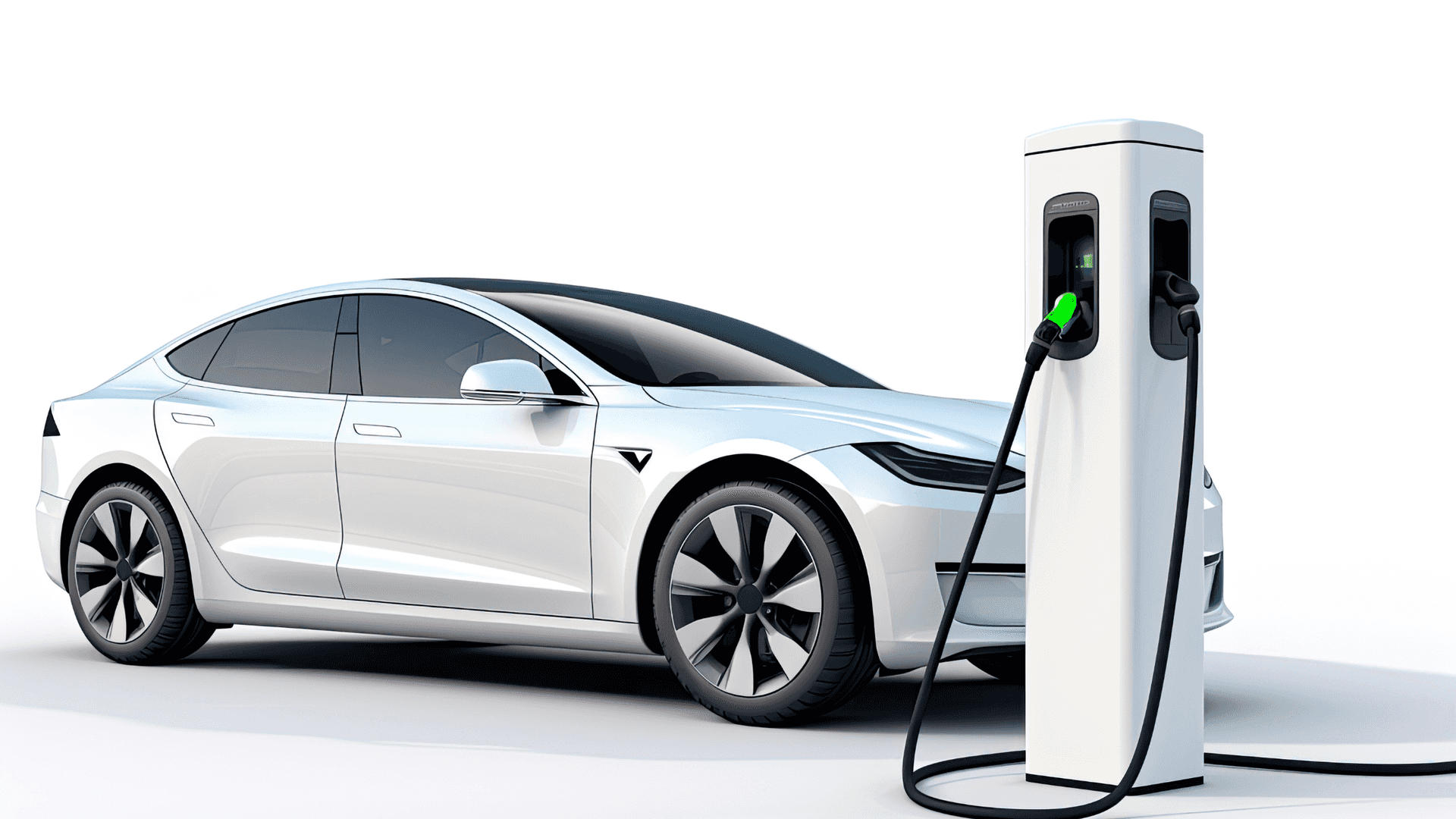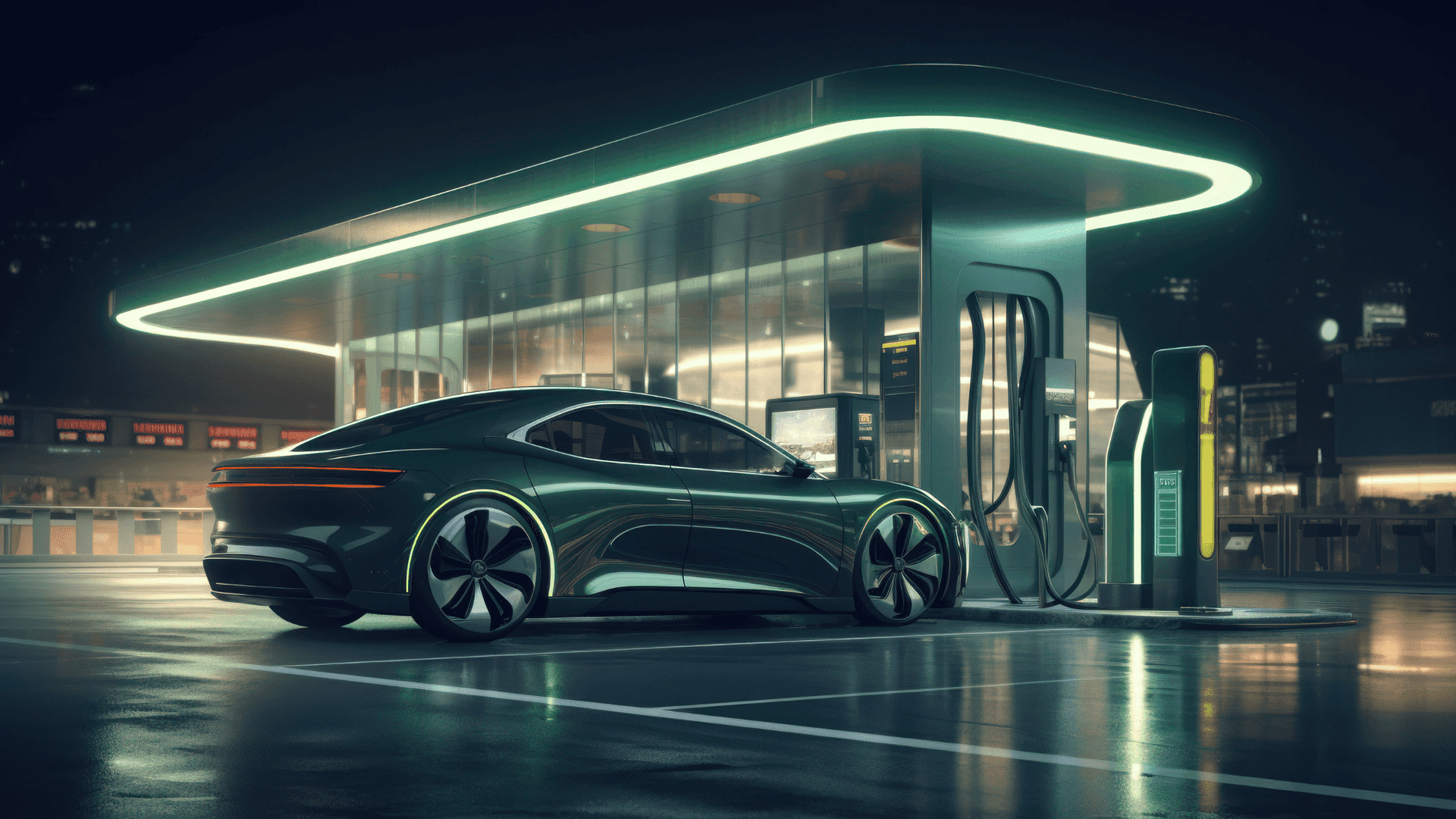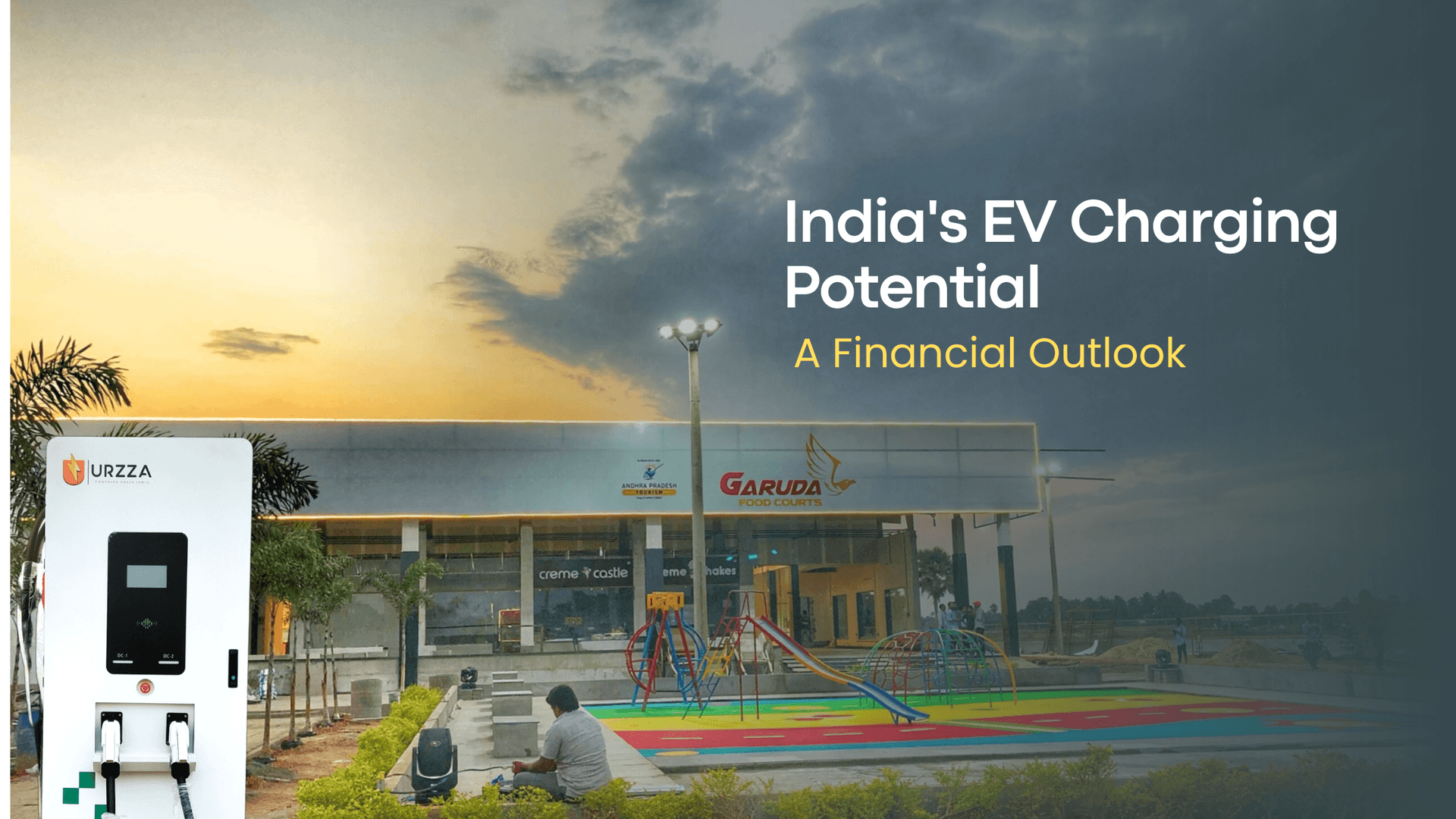
India's electric vehicle (EV) revolution is accelerating at an unprecedented pace, marked by significant milestones as of March 2023. With over 8,000 EV charging stations already operational, the country is witnessing a transformative shift toward sustainable transportation. The Indian government's ambitious target of installing 500,000 EV charging stations by 2030 underscores the nation's commitment to a green future. As the demand for EVs surges, the decreasing costs of EVSE (Electric Vehicle Supply Equipment) hardware are making the establishment of charging stations increasingly accessible. This surge in demand not only reflects the growing popularity of electric vehicles but also highlights India's steadfast dedication to embracing eco-friendly mobility solutions.
Guidelines and Standards for Public EV Charging Stations in India
The Indian government is committed to promoting the adoption of electric vehicles (EVs) in the country. As part of this effort, the government has issued revised guidelines and standards for charging infrastructure for EVs. These guidelines and standards provide a framework for the setting up and operation of public EV charging stations in India.

Key features of the revised guidelines and standards:
- • Minimum requirements: Public EV charging stations must have at least two chargers, one AC charger and one DC charger. The AC charger must be at least 7.2 kW, and the DC charger must be at least 15 kW.
- • Types of chargers: Public EV charging stations can use any type of charger, including AC chargers, DC chargers, and fast chargers.
- • Location of stations: Public EV charging stations should be located in convenient locations, such as near highways, shopping malls, and parking lots.
- • Tariff and service charge: The tariff and service charge for public EV charging stations should be determined by the Electricity Regulatory Commissions of the respective states.
- • Database of public EV charging stations: The Ministry of Power is developing a database of all public EV charging stations in India. This database will be accessible to the public and will help EV owners to locate charging stations near them.
How to set up a public EV charging station in India
Any individual or organization can freely set up an electric vehicle charging station in India. There are no specific licenses required for public EV charger installations. However, it is important to comply with the guidelines and standards issued by the Ministry of Power.

To set up a public EV charging station, you will need to
1. Identify a suitable location for the charging station
The location of the charging station is important. It should be in a convenient location that is accessible to EV owners. It should also be in a safe and secure location. Some factors to consider when choosing a location include:
- • Demand: Are there a lot of EV owners in the area?
- • Visibility: Is the location well-lit and visible to EV owners?
- • Accessibility: Is the location easy to access for EV owners?
- • Safety: Is the location safe and secure?
- • Parking: Is there enough parking available for EV owners who are using the charging station?
- • Power supply: Is there a sufficient power supply available at the location?
2. Obtain the necessary permits and approvals from the local authorities
The specific permits and approvals required will vary depending on the location of the charging station. However, some common permits and approvals that may be required include:
- • Property permit: A building permit may be required to install the EV charging station.
- • Electricity permit: An electricity permit may be required to connect the EV charging station to the power grid.
- • Environmental permit: An environmental permit may be required if the EV charging station is being installed in a sensitive area, such as a national park or wildlife sanctuary.
3. Install the EV charging station
Once you have obtained the necessary permits and approvals, you can proceed with the installation of the EV charger. The installation should be carried out by a qualified electrician.
4. Obtain a connection from the local electricity company
You will need to obtain a connection from the local electricity company to power the EV charging station. The electricity company may also require you to obtain a special tariff for EV charging stations.
5. Register your EV charging station with the Ministry of Power
Once the EV charger is installed and is operational, you need to register it with the Ministry of Power. This will help EV owners to locate your charging station on the government's database of public EV charging stations.
Additional tips:
- • Consider partnering with Urzza Charge Tech to set up EV charging stations. This can help to reduce the upfront costs and make the project more feasible without compromising on quality of the set-up.
- • Promote your EV charging station to EV owners in your community. Urzza does the promoting work on your behalf through social media, online directories, offline and online promotional activities and local businesses.
- • Offer competitive pricing for charging services. This will help to attract EV owners to your charging station.
- • Provide additional amenities, such as restrooms, seating, and Wi-Fi, to make your charging station more attractive to EV owners.
Key Facilities for an EV charging station
Setting up an efficient EV charging station entails various essential components, each integral to its seamless operation. The associated costs encompass the following elements:
- • Substations and Transformers: These components are fundamental for linking chargers to vehicles, connecting them securely to the voltage grid.
- • Ample Parking Area: A secure, designated parking space is crucial. It allows customers to park their vehicles safely while they are being charged.
- • Car Park Facility and EV Charger Installation: Proper installation of charging stations and associated machinery is pivotal. It ensures that customers can charge their vehicles efficiently, forming the backbone of the EV charging station.
- • Charging Equipment: EV charging stations typically employ three types of chargers: Rapid chargers, Fast chargers, and Slow chargers. Each type has varying charging capacities, catering to different customer needs.
- • Security Measures: Since customers entrust their valuable vehicles for charging, providing robust security measures is imperative. This instills confidence and trust among customers.
- • Proper Cabling: Utilizing the correct 33/11 KV cable is essential for linking charging machines to the voltage grid. Opting for high-quality cables ensures fast charging, enhancing customer satisfaction.
- • Ancillary Facilities: To enhance the overall customer experience, additional amenities such as access to drinking water, restrooms, small eateries, and employing efficient staff are indispensable. These amenities elevate the comfort and convenience of the charging station, making it a preferred choice for customers.
Considerations and ROI Estimate for Setting Up a Public EV Charging Station in India
There are a number of factors that need to be considered and planned when setting up a public EV charging station in India. These factors include:
Location:
The location of the charging station is one of the most important factors to consider. It should be in a convenient location that is accessible to EV owners. It should also be in a safe and secure location. Some factors to consider when choosing a location include:
- • Are there numerous electric vehicle owners in the vicinity?
- • Is the location brightly lit and easily noticeable to electric vehicle owners?
- • Is the location conveniently accessible for electric vehicle owners?
- • Does the location provide a safe and secure environment?
- • Is there ample parking space for electric vehicle owners utilizing the charging station?
- • Does the location have an adequate power supply?

In addition to these factors, you may also want to consider the following when choosing a location for your charging station:
- • Proximity to highways and major roads: This will make it easier for EV owners to find your charging station.
- • Proximity to shopping malls, restaurants and other businesses: This will give EV owners something to do while their vehicles are charging.
- • Proximity to residential areas: This will make it convenient for EV owners to charge their vehicles overnight.
DISCOM feasibility:
It is important to check with the local electricity distribution company (DISCOM) to ensure that they can provide a sufficient power supply to the charging station. The DISCOM may also require you to obtain a special tariff for EV charging stations. The DISCOM may also have specific requirements for the type of EVSE hardware that can be used in the EV charger installation. It is important to consult with the DISCOM early in the planning process to ensure that your charging station meets all of their requirements.
Site layout and execution:
The layout of the charging station should be planned carefully to ensure that it is efficient and easy to use. The charging stations should be spaced appropriately and there should be enough space for EV owners to park their vehicles. You should also consider the following when planning the layout of your charging station:
- • Traffic flow: The layout of the charging station should allow for smooth traffic flow. EV owners should be able to easily enter and exit the charging station area.
- • Safety: The layout of the charging station should be designed to minimize safety risks. For example, there should be adequate lighting and there should be clear signage.
- • Accessibility: The layout of the charging station should be accessible to all users, including people with disabilities.
EVSE hardware:
The EVSE hardware, or electric vehicle supply equipment, is the equipment that is used to charge the EVs. It is important to choose high-quality EVSE hardware that is reliable and efficient. There are a number of different types of EVSE hardware available, including:

- • AC chargers: AC chargers are the most common type of EV charger. They are typically used to charge EVs overnight at home or at work.
- • DC chargers: DC chargers are faster than AC chargers. They are typically used to charge EVs at public charging stations.
- • Fast chargers: Fast chargers are the fastest type of EV charger. They can charge an EV in as little as 30 minutes.
When choosing EVSE hardware, it is important to consider the following factors:
- • Type of EVs that you want to cater to: Different types of EVs require different types of chargers. For example, some EVs can only be charged with AC chargers, while others can be charged with AC or DC chargers.
- • Charging speed: The charging speed of the EVSE hardware will determine how long it takes to charge an EV. If you want to attract EV owners who need to charge their vehicles quickly, you will need to install fast chargers.
- • Cost: The cost of EVSE hardware varies depending on the type of charger and the charging speed.
Software:
The software that is used to operate the charging station is also important. The software should be easy to use and it should provide users with information about the charging status of their vehicles.
The software should have the following features that Urzza provides:
- • User authentication: The software should allow users to authenticate themselves so that they can access the charging station.
- • Payment processing: The software should allow users to pay for charging services.
- • Remote monitoring: The software should allow you to monitor the status of the charging station remotely. This will allow you to identify and resolve any problems quickly.
Service and maintenance:
The charging station will need to be serviced and maintained regularly to ensure that it is functioning properly. It is important to budget for service and maintenance costs. The service and maintenance costs will vary depending on the type of EVSE hardware that is used.
Best Practices and route to Success for Public EV Charging Stations in India
India is witnessing a rapid adoption of electric vehicles (EVs), driven by environmental consciousness, government incentives, and technological advancements. However, the lack of convenient charging stations poses a challenge to EV users, especially during long journeys.
To address this challenge, companies like Urzza Charge Tech are setting up public EV charging stations across the country. Urzza is one of the leading EV charging companies in India, with a network of charging stations at every 200km across highways connecting cities.
Success story of Urzza EV charge Tech as a case study
Urzza Charge Tech has been successful in setting up and operating public EV charging stations in India due to the following factors:
- • Focus on customer convenience: Urzza EV Chargers are located at convenient locations, such as restaurants near highways, hospitals, office buildings and shopping malls. The stations are also easy to use and offer multiple payment options.
- • Emphasis on customer experience: Urzza provides excellent customer service. The company has a team of dedicated customer support representatives who are available 24/7 to assist customers with any issues.
- • Research and Development: Urzza is actively engaged in pioneering research and development efforts aimed at finding innovative, eco-friendly alternatives. By investing in research and development, Urzza aims to minimize our environmental impact and contribute to the widespread adoption of electric vehicles.
- • Business growth: Urzza EV Chargers has been able to attract a large number of customers, including both EV owners and regular customers. This has led to increased revenue and brand loyalty for the company.
Best practices for public EV charging stations
To ensure the success of public EV charging stations in India, adhering to these best practices is essential:
- • Strategic Placement: Position charging stations in well-lit, easily accessible areas of your parking lot to ensure visibility and convenience for EV owners.
- • Prominent Signage: Clearly mark the charging station location with visible signage, indicating its availability and accessibility to passing EV owners.
- • User-Friendly Charging Experience: Provide charging stations compatible with various EV models and ensure they are easy to use, allowing customers to initiate charging without complications.
- • Amenities and Waiting Areas: Create a comfortable waiting area near charging stations. Offer amenities such as seating, shade, or refreshments, allowing customers to relax while their vehicles charge.
- • Charging Station Integration: Integrate charging station availability into your business's website or mobile app. Customers should be able to check charging station status remotely.
- • Reward Programs: Implement loyalty programs or discounts for EV owners who use your charging stations. Such incentives can attract repeat business and build customer loyalty.
- • Safety Measures: Ensure a safe environment around charging stations. Adequate lighting, security cameras, and regular patrols enhance customer safety and confidence.
- • Educational Material: Provide brochures or digital content explaining the benefits of electric vehicles, eco-friendly practices, and how to effectively use the charging stations.
- • Regular Maintenance: Establish a routine maintenance schedule for the charging stations. Regular checks and swift repairs guarantee operational efficiency and customer satisfaction.
- • Collaborate with EV Charging solution provider: Consider partnerships with EV manufacturers or dealerships. Collaborative events or promotions can attract EV enthusiasts to your business.
- • Green Initiatives: Showcase your commitment to the environment. Use renewable energy sources for your charging stations if possible, and highlight your sustainable practices to eco-conscious customers.
- • Customer Support: Have a dedicated customer support channel for charging station-related queries or issues. Prompt responses demonstrate your commitment to customer satisfaction.
- • Community Engagement: Engage with the local community by hosting EV-related events or workshops. This involvement strengthens your relationship with potential and existing customers.
By following these best practices, EV charging station operators can increase their chances of success.
Share |

